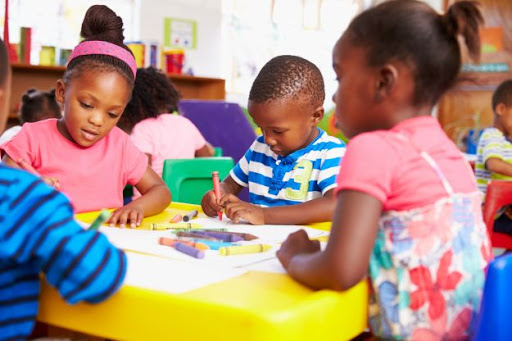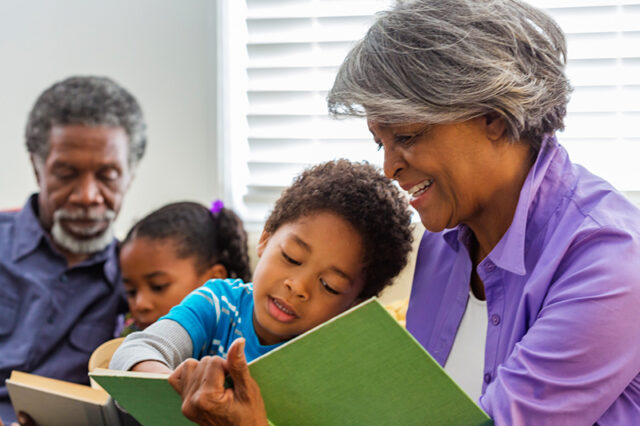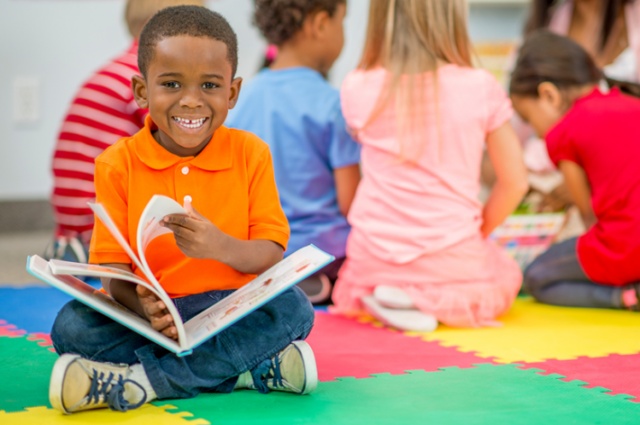A study entitled, “Pediatric SARS-CoV-2: Clinical Presentation, Infectivity, and Immune Responses,” was recently published in the Journal of Pediatrics is calling asymptomatic kids “silent spreaders” as they may be more contagious and spread the virus easier than seriously ill adults with the Coronavirus.

The Massachusetts General Hospital (MGH) and Mass General Hospital for Children studied 192 children suspected of having the Coronavirus or who had been in contact with an infected person. Out of those 192 participants, 49 of them tested positive and had significantly higher levels of the virus in their airways when compared to adults who were in intensive care with the virus.
“I was surprised by the high levels of virus we found in children of all ages, especially in the first two days of infection,” Dr. Lael Yonker, director of the MGH Cystic Fibrosis Center and lead author of the study, said in an interview with Fox News. “I was not expecting the viral load to be so high. You think of a hospital, and of all of the precautions taken to treat severely ill adults, but the viral loads of these hospitalized patients are significantly lower than a ‘healthy child’ who is walking around with a high SARS-CoV-2 viral load.”

Dr. Alessio Fasano, director of the Mucosal Immunology and Biology Research Center at MGH and senior author of the study, said in the same interview that, “Kids are not immune from this infection, and their symptoms don’t correlate with exposure and infection,” she said. “Our results show that kids are not protected against this virus. We should not discount children as potential spreaders for this virus.”
Additionally, as reported by USA Today, researchers found that only half of the children who tested positive had fevers. Of course, with the push to return to in-person learning, this calls in to question the effectiveness of taking temperatures in classrooms as a preemptive measure of helping to stop the spread of the disease.

So, just how can we protect children and the adults that the are in contact with when it comes to a return to campuses across the country this fall? Well, of course, researchers recommend wearing masks, social distancing, encouraging proper hand washing techniques, and a combination of in-person and remote learning and frequent testing if returning to school.
“This study provides much-needed facts for policymakers to make the best decisions possible for schools, daycare centers and other institutions that serve children,” Dr. Fasano said. “Kids are a possible source of spreading this virus, and this should be taken into account in the planning stages for reopening schools.”







